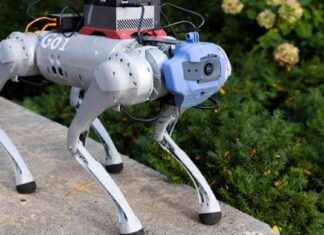A last-minute rescue. The NGO African Parks, to which Prince Harry is linked, has announced the acquisition of the largest rhino farm in the world in South Africa. Set up by a millionaire who was trying to save the species from poaching, the project had been struggling to find a buyer for several months. This search ended on Monday, September 4, after the announcement of the takeover by African Parks.
The NGO therefore becomes the owner of the 7,800 hectares of land located less than 200 km south-west of Johannesburg and of the 2,000 white rhinos representing 15% of the world population of the endangered species. African Parks already manages around 20 parks on the continent. “African Parks has become the new owner of Platinum Rhino, the largest private captive rhino breeding company in the world,” the NGO said in a statement.
Wealthy businessman John Hume, 81, opened the farm in 2009 in the northwest of the country. Burdened with the exorbitant costs of his vast project, he put his property up for auction in April, saying he was looking for another “millionaire” to take over. “But no offers have been received, putting these rhinos at great risk of poaching,” according to African Parks.
The organization’s CEO, Peter Fearnhead, quoted in the statement, said it had a “moral obligation to find a solution for these wildlife in decline”. Even though he had originally “never intended to become the owner of a captive rhino breeding business and 2,000 rhinos”.
The NGO, which did not specify the amount disbursed for the takeover, has received support from the South African government and conservation organizations, in particular to raise the emergency funds necessary for the takeover.
South Africa is home to almost 80% of the world’s rhino population. This country has become a hotspot for poaching, driven by Asian demand where the horns are used in traditional medicine for their supposed therapeutic or aphrodisiac effects. In 2022, 448 rhinos were killed in the country, according to the government, despite increased anti-poaching measures taken in national parks. Rhino horn, made of keratin, the same substance as human nails or hair, fetches $60,000 a kilo on the black market, more than cocaine.
In an interview with AFP before the auction, John Hume said he had spent $150 million over the years, without making a profit, on his ambitious project to save large land mammals.
African Parks plans to reintroduce farmed rhinos back into the wild over the next ten years, including relocating them to protected areas in Africa. “This is one of the largest species ‘rewilding’ projects on the continent,” the NGO said, noting that the goal is to “reduce the risk to the species in the future and phase out the breeding project”.







